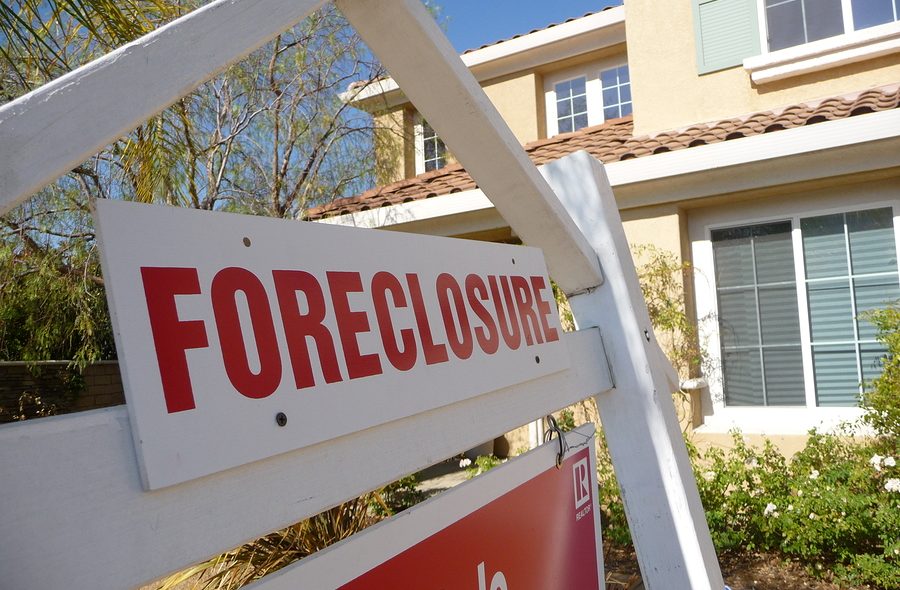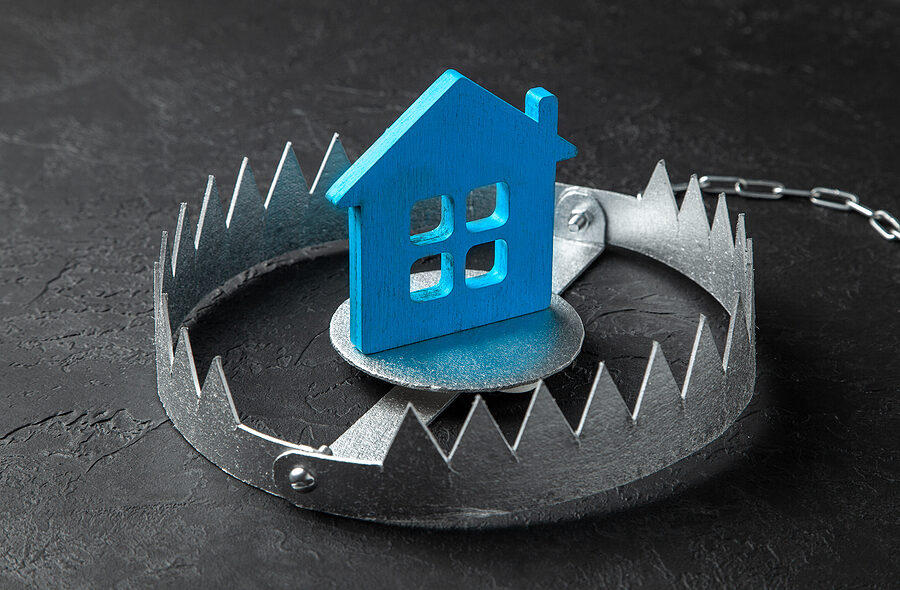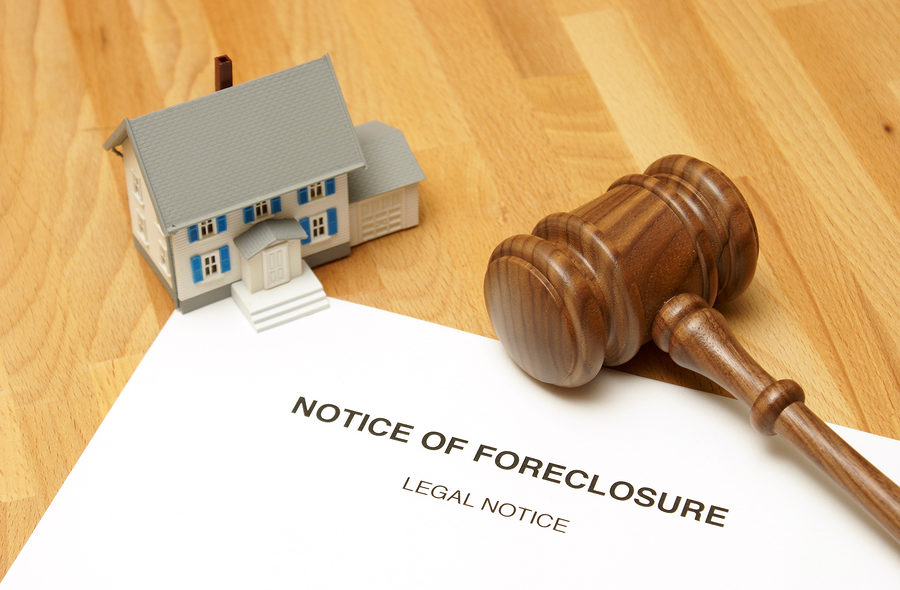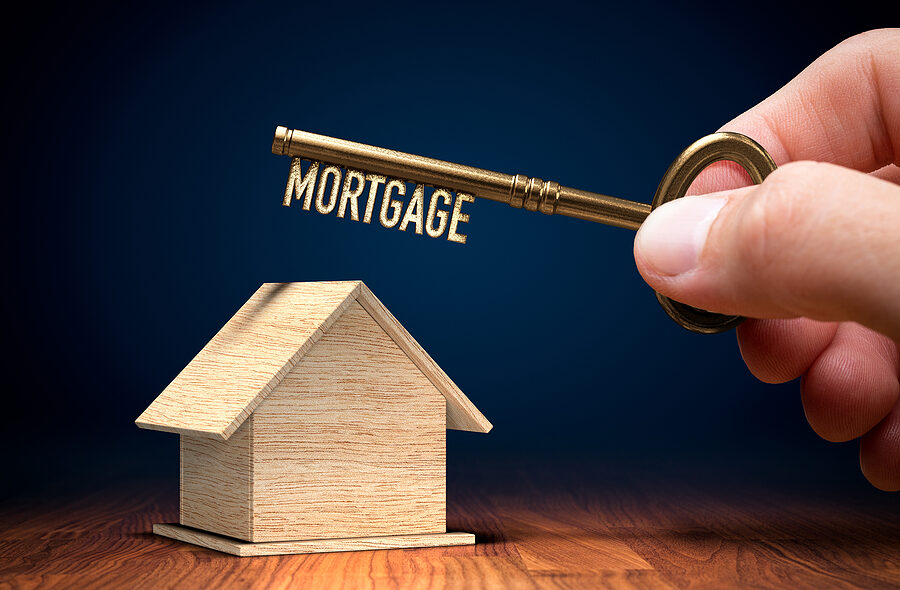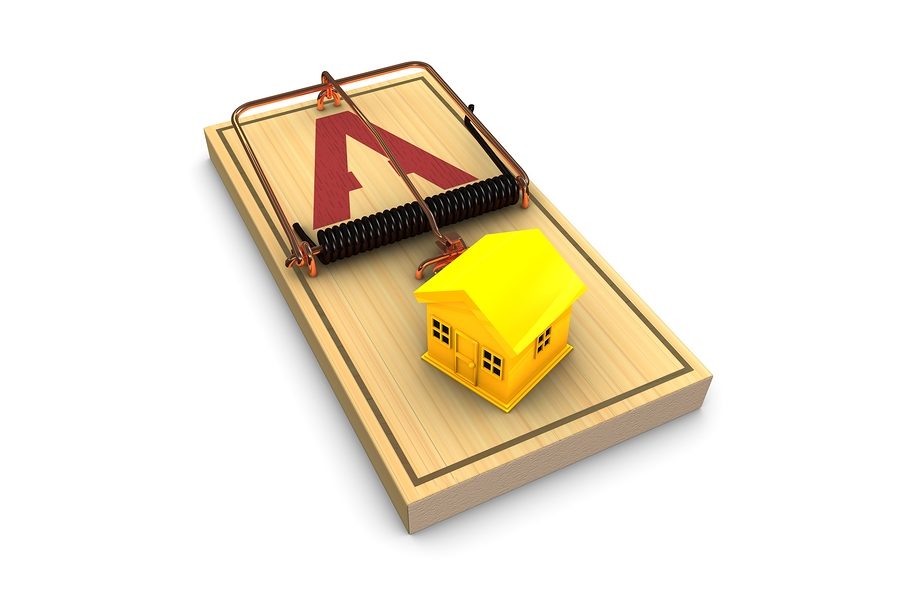One of the biggest fears people have after going through a foreclosure is how it will hurt their chances of purchasing a home again in the future. While the effects of foreclosure can be far-reaching, it does not mean that all hope is lost for that person ever owning a home, again.
What Are the Consequences of a Foreclosure?
A foreclosure can affect different aspects of a person’s life. It can make finding and purchasing a new home more difficult. Many consumers also suffer from the hit their credit scores take from a foreclosure. Some can be hit with a surprise tax bill following a foreclosure. Even more pervasive are the emotional effects that come with a foreclosure. Our Miami foreclosure defense attorneys fight for homeowner rights, help alleviate these concerns and get you back on track financially.
Rebuilding Credit
Following a foreclosure, a consumer should expect to see his or her credit take a significant hit. If that person wishes to purchase a home or car in the future, it is important that he or she works to rebuild his or her credit so that the consumer can get loans with decent interest rates in the future. Credit can be rebuilt, although it takes time and effort. The first step is to review your credit report. Consumers can get free copies of their credit reports from each of the three major credit bureaus annually. Reviewing your credit report gives you a chance to monitor your progress when it comes to improving your credit score. It can also help with making sure that no mistakes exist on the report that could hurt the consumer later.
It may seem counter intuitive, but credit can be rebuilt through using a credit card. Many consumers find success in using a secured card initially after a bankruptcy or foreclosure, which requires a deposit be paid by the cardholder. Many banks offer secured credit cards for their customers. The deposit for the card usually limits how much the person can charge on the account, but secured cards are not normally meant for the long-term. They can help a person establish a credit base before transferring to a regular credit card with a lower interest rate. If the consumer uses a credit card, it is important to ensure that the balance does not get out of control. Make sure payments are made on time. Many financial experts recommend that consumers pay their balances off in full every month to boost their credit scores.
Financing a Home
Lenders normally require a certain period of time pass after a consumer goes through a foreclosure. A mandatory waiting period for a conventional mortgage is usually seven years. However, a consumer may be able to get a mortgage sooner than seven years, depending on that person’s life circumstances and the type of mortgage he or she wants. Fannie Mae does allow a shortened waiting period of three years if the purchaser can show that the foreclosure was due to circumstances beyond his or her control, such as a sudden job loss, death in the family resulting in loss of income, or major medical crisis. The requirements for obtaining a three-year waiting period are much stricter and do require a larger down payment.
Another option is an FHA loan for consumers wishing to purchase a home after foreclosure or bankruptcy. The minimum time period between foreclosure completion to purchasing a home is three years. If extenuating circumstances exist, it is possible to request an even shorter waiting period, although these situations are rare. FHA borrowers do need to show that they have been exercising good financial habits since foreclosure to qualify for the loan, demonstrating that they are not a financial risk to the lender.
If the borrower had his or her mortgage discharged through bankruptcy instead of foreclosure, the waiting period is shorter. Fannie Mae guidelines allow a lender to approve a new mortgage for someone who had their mortgage discharged in bankruptcy to receive a new loan after four years or two, with extenuating circumstances.
Choosing the right attorney can make the difference between whether or not you can keep your home. A well-qualified Miami foreclosure defense attorney will not only help you keep your home, but they will be able to negotiate a loan that has payments you can afford. Miami foreclosure defense attorney Timothy Kingcade has helped many facing foreclosure alleviate their stress by letting them stay in their homes for at least another year, allowing them to re-organize their lives. If you have any questions on the topic of foreclosure please feel free to contact me at (305) 285-9100. You can also find useful consumer information on the Kingcade Garcia McMaken website at www.miamibankruptcy.com.
Related Resources:
https://www.bankrate.com/mortgage/life-after-foreclosure/

